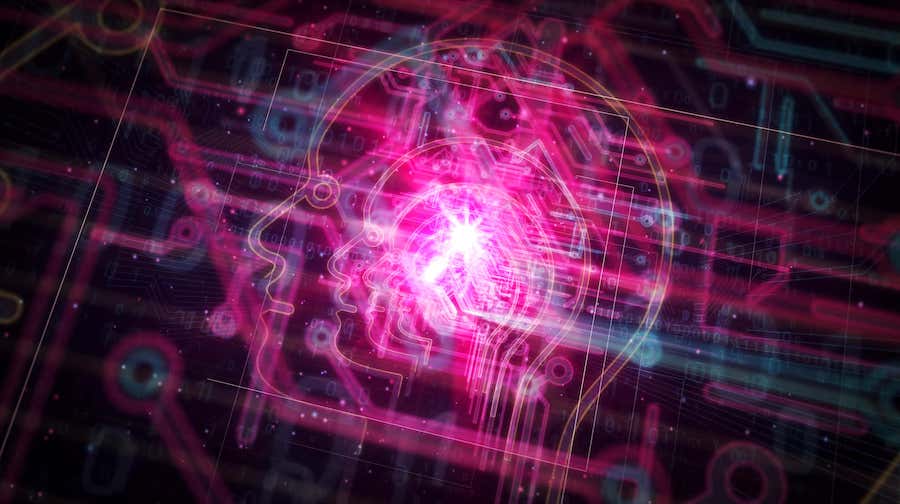Should we be worried about Artificial Intelligence?
Artificial intelligence could lead to the extinction of humanity and the risks should be treated with the same urgency as nuclear war, dozens of experts have warned – including the pioneers who developed it.
Here, we take a look at the latest situation.
– What is AI?
Artificial intelligence (AI) is the intelligence demonstrated by machines, as opposed to the natural intelligence displayed by both animals and humans.
Examples of AI include face recognition software and digital voice assistants such as Apple’s Siri and Amazon’s Alexa.

ChatGPT
– How could AI lead to human extinction?
AI could be weaponised, for example to develop new chemical weapons and enhance aerial combat, the San Francisco-based Centre for AI Safety says on its website. The centre released the statement about the risk of extinction from AI which was signed by the industry leaders.
The centre lists other risks on its website, including AI potentially becoming dangerous if it is not aligned with human values.
It also says humans could become dependent on machines if important tasks are increasingly delegated to them.
And in the future AI could be deceptive, not out of malice, but because it could help agents achieve their goals. It may be more efficient to gain human approval through deception than to earn it legitimately.
– Who are the people saying AI could wipe out humanity?
Dozens of experts have signed the letter, which was organised by the Centre for AI Safety, a non-profit which aims “to reduce societal-scale risks from AI”.
Two of the three “godfathers” of AI have signed the letter – Geoffrey Hinton, emeritus professor of computer science at the University of Toronto, and Yoshua Bengio, professor of computer science at the Universite de Montreal/Mila.
Dr Hinton resigned from his job at Google earlier this month, saying that in the wrong hands, AI could be used to to harm people and spell the end of humanity.
The signatories also include Sam Altman and Ilya Sutskever, the chief executive and co-founder respectively of ChatGPT developer OpenAI.
The list also includes dozens of academics, senior bosses at companies such as Google DeepMind, the co-founder of Skype, and the founders of AI company Anthropic.

Elon Musk has previously expressed concern
Earlier this year more than 1,000 researchers and technologists, including Elon Musk, had signed a much longer letter calling for a six-month pause on AI development.
– What are countries doing?
Prime Minister Rishi Sunak retweeted the Centre for AI Safety’s statement on Wednesday and said the Government is “looking very carefully” at it.
He said he raised it at the G7 summit and will discuss the topic again when he visits the US.

Prime Minister Rishi Sunak
His tweet said: “The government is looking very carefully at this. Last week I stressed to AI companies the importance of putting guardrails in place so development is safe and secure. But we need to work together. That’s why I raised it at the @G7 and will do so again when I visit the US.”
Last week Mr Sunak spoke about the importance of ensuring the right “guard rails” are in place to protect against potential dangers, ranging from disinformation and national security to “existential threats”.
– What are the benefits of AI?
AI can perform life-saving tasks, such as algorithms analysing medical images including X-rays, scans and ultrasounds, helping doctors to identify and diagnose diseases such as cancer and heart conditions more accurately and quickly.
One example of a benefit of AI is new brain technology which helped a man who was paralysed in a bicycle accident more than a decade ago to stand and walk again.
Neuroscientists at the Ecole Polytechnique Federale de Lausanne (EPFL) in Switzerland have created what they call a “wireless digital bridge” which is able to restore the connection lost between the brain and the spinal cord.
This digital bridge is a brain–spine interface which has allowed Gert-Jan Oskam to regain control over the movement of his legs, enabling him to stand, walk and even climb stairs.
What are your views? Are you concerned about the impact of AI on humanity?




















